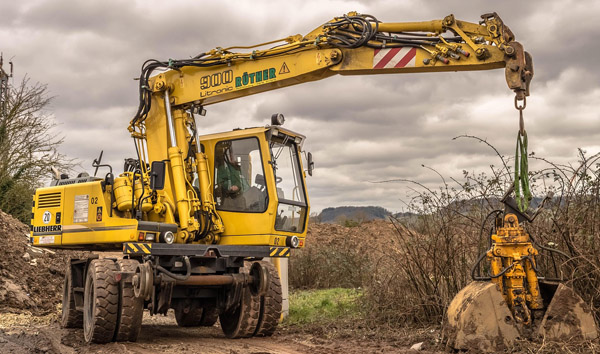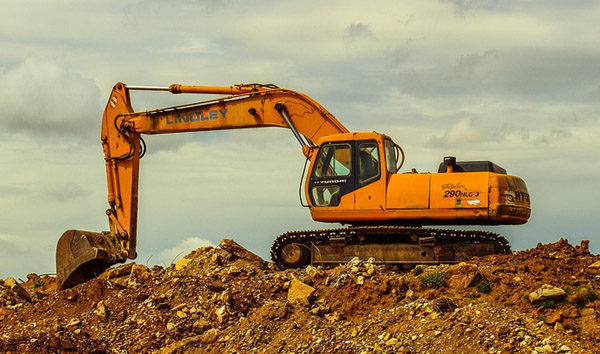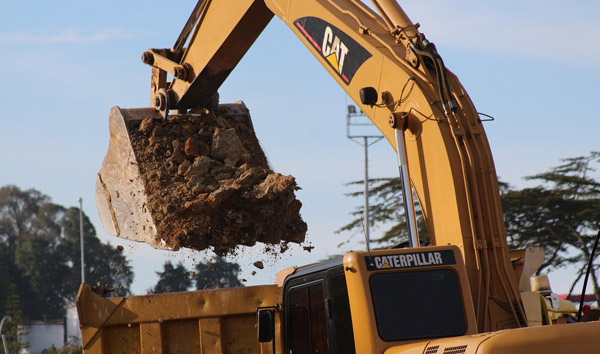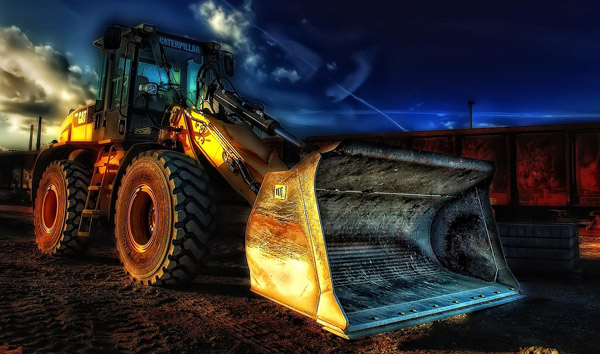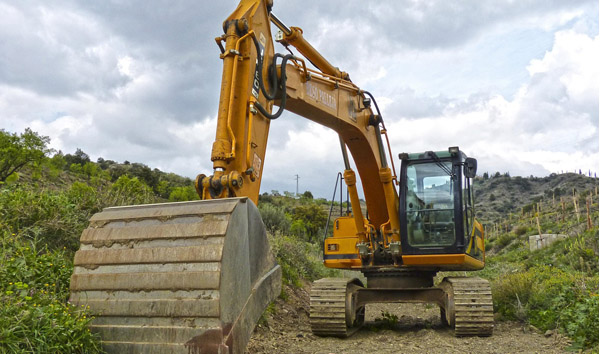Navigating the Robust Capabilities of Modern All-Terrain Forklifts
2025-08-07 04:35:32
All-terrain forklifts are engineered to handle uneven surfaces, steep inclines, and rugged outdoor conditions with unmatched efficiency. Key specifications include load capacities ranging from 5,000 to 36,000 lbs, ensuring versatility across industries like construction, agriculture, and logistics. These machines feature reinforced chassis, heavy-duty tires, and advanced suspension systems to maintain stability on rough terrain. Additionally, their engine power typically spans 74 to 130 HP, enabling seamless operation in demanding environments.
The all-terrain forklift specifications emphasize durability, with many models boasting corrosion-resistant materials and weatherproof electrical systems. For instance, the Tier 4 Final-compliant engines reduce emissions while delivering high torque at low RPMs, ideal for off-road applications. Hydraulic systems are another critical component, offering precise load control with lift heights up to 20 feet and tilt angles optimized for uneven ground. These features ensure operational safety and productivity, even in extreme conditions.
When evaluating all-terrain forklift specifications, tire selection plays a pivotal role. Pneumatic or solid rubber tires with deep treads provide superior traction on mud, gravel, and sand. Some models incorporate oscillating axles or articulated frames to enhance maneuverability on slopes up to 30 degrees. Furthermore, advanced braking systems, including hydraulic disc brakes, ensure reliable stopping power, reducing downtime and maintenance costs in harsh environments.
Fuel efficiency is a standout feature in modern all-terrain forklift specifications. Diesel-powered models dominate the market due to their longevity and high torque output, while electric variants are gaining traction for indoor-outdoor hybrid operations. Telematics integration allows real-time monitoring of fuel consumption, engine health, and operator behavior, optimizing fleet management. For example, brands like Toyota and JCB offer telemetry systems that predict maintenance needs, minimizing unplanned repairs.
In conclusion, the all-terrain forklift specifications underscore a balance between power, adaptability, and technological innovation. With industries increasingly relying on these machines for off-road material handling, manufacturers continue to refine their designs. Future advancements may include autonomous navigation and hybrid powertrains, further solidifying their role in global logistics and construction sectors. For now, businesses must prioritize specifications aligned with their operational demands to maximize ROI.




